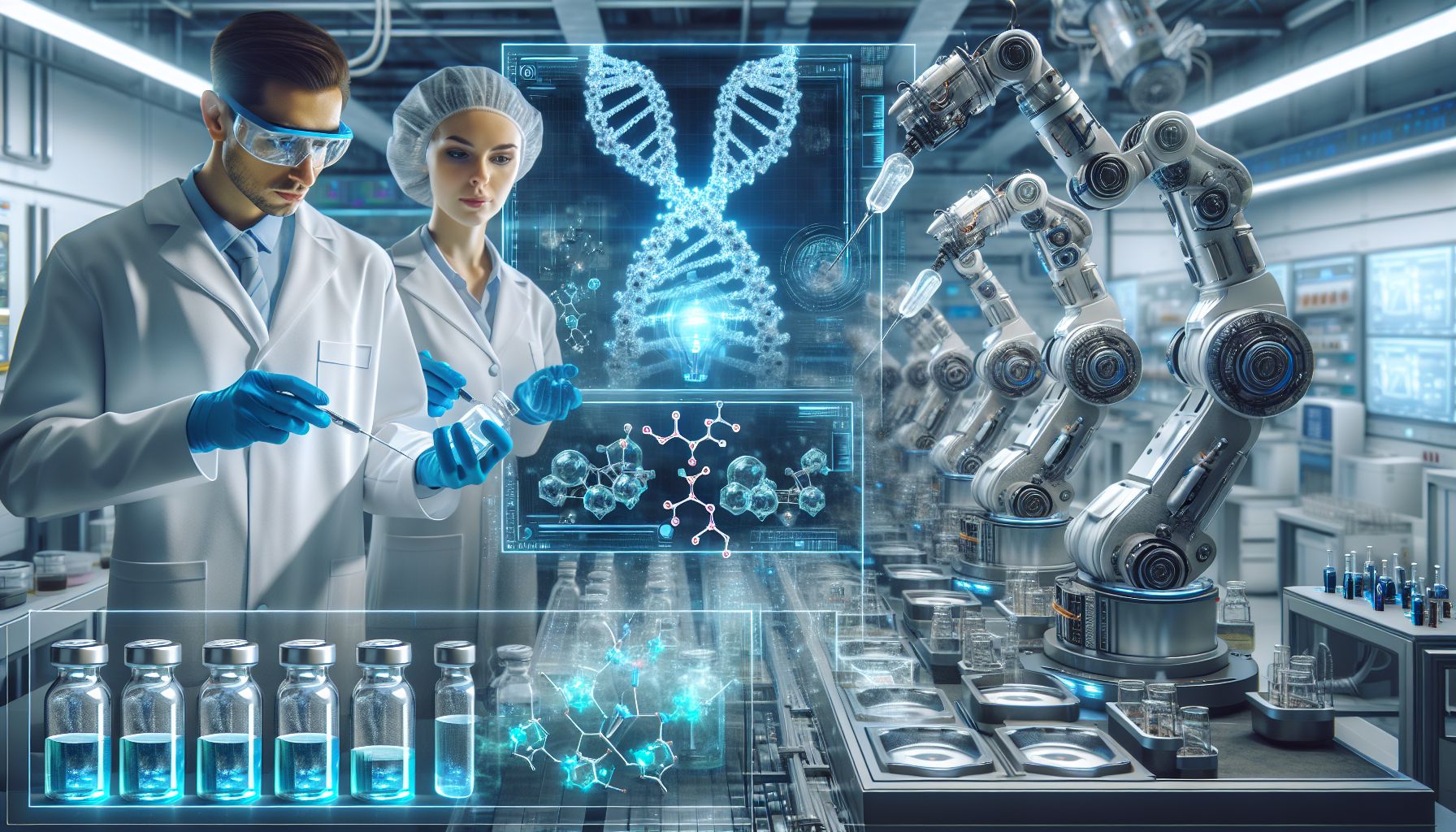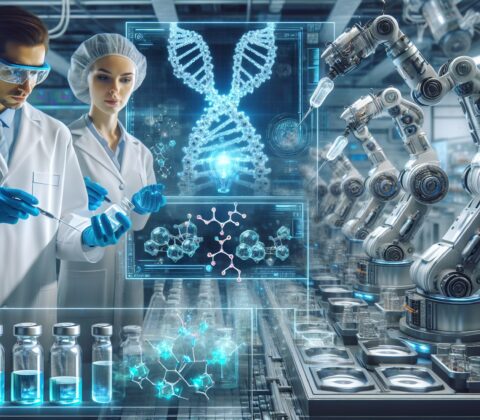

The Intersection of Technology and Pharmaceutical Products
In recent years, the pharmaceutical industry has seen significant advancements in technology that have revolutionized the way drugs are developed, tested, and marketed. From artificial intelligence and machine learning to 3D printing and virtual reality, new technologies are transforming the way pharmaceutical products are created and delivered to patients.
One of the key areas where technology is playing a significant role is in drug discovery. Traditionally, drug discovery has been a time-consuming and costly process that involves screening thousands of compounds to identify potential candidates for new drugs. However, with the advent of artificial intelligence and machine learning, researchers are now able to analyze vast amounts of data to identify promising drug targets more quickly and efficiently than ever before.
In addition to drug discovery, technology is also being used to improve the way drugs are tested and monitored. For example, wearable devices and digital sensors are now being used to collect real-time data on patients’ health and medication adherence, allowing healthcare providers to personalize treatment plans and improve patient outcomes.
Furthermore, advancements in 3D printing technology have made it possible to create personalized medications that are tailored to an individual’s specific needs. This has the potential to revolutionize the way drugs are manufactured and distributed, making it easier for patients to access the medications they need.
On the marketing side, technology is enabling pharmaceutical companies to reach consumers in new and innovative ways. Digital marketing strategies, such as social media advertising and influencer partnerships, are helping companies to raise awareness about their products and connect with patients on a more personal level.
While the integration of technology into the pharmaceutical industry has many benefits, it also poses challenges. Data security and privacy concerns, regulatory hurdles, and the high cost of implementing new technologies are just a few of the obstacles that companies face.
In conclusion, the intersection of technology and pharmaceutical products is reshaping the way drugs are developed, tested, and marketed. From AI-driven drug discovery to personalized medications and digital marketing strategies, technology is revolutionizing the pharmaceutical industry and improving patient outcomes. As we continue to see advancements in technology, it will be exciting to see how these innovations continue to transform the way we approach healthcare.
Comments are Disabled